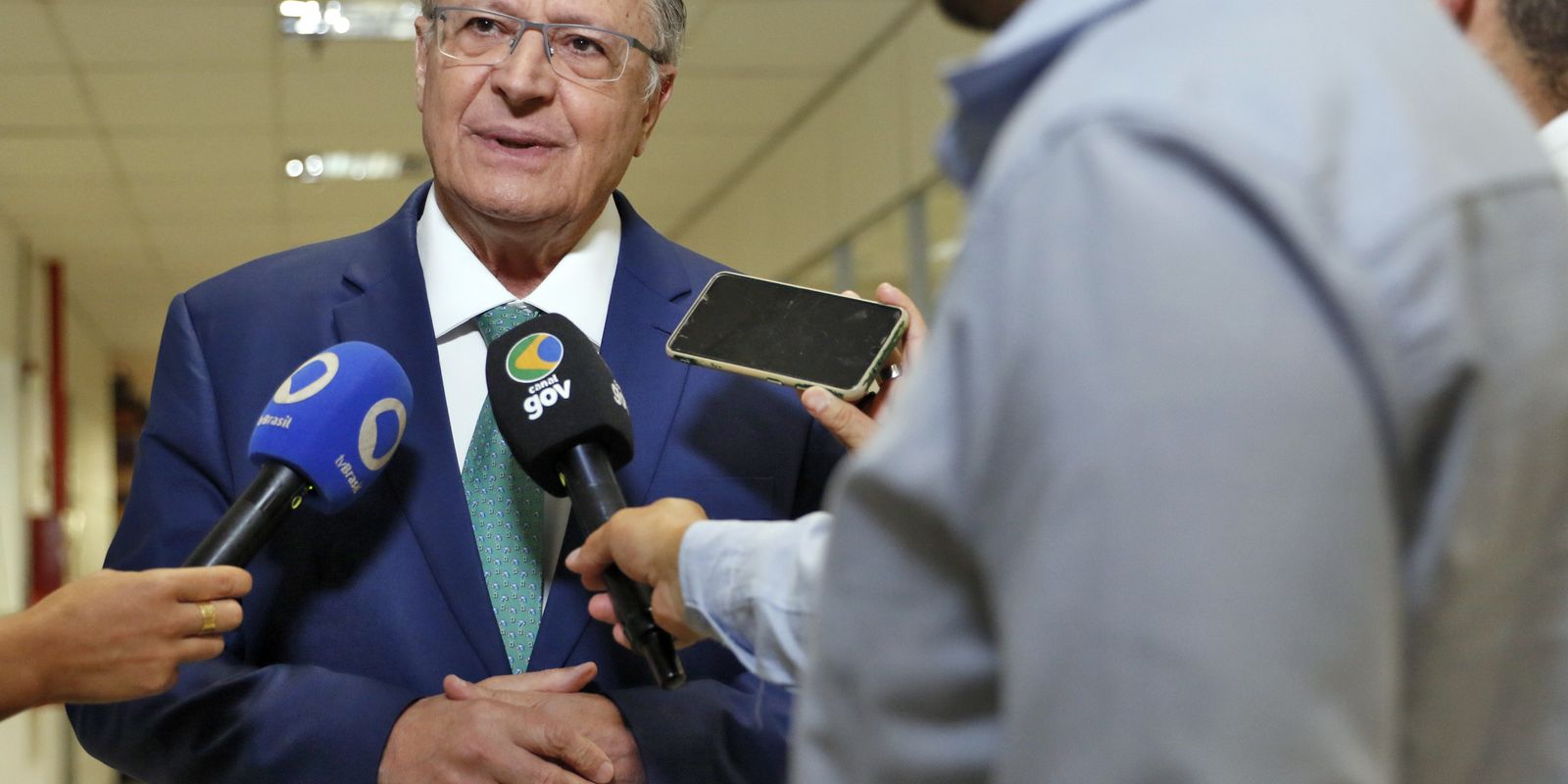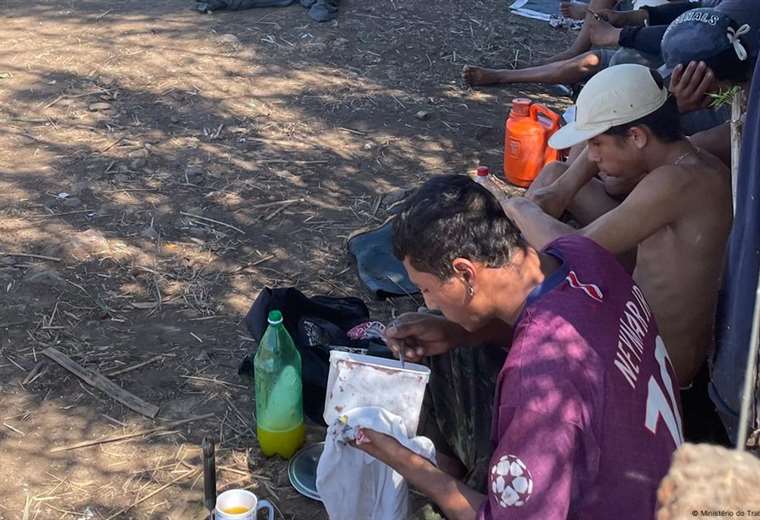The vice-president of the Republic and minister of Development, Industry, Commerce and Services, Geraldo Alckmin (PSB), stated this Monday (23) that, even with changes from the National Congress, the fiscal package measures presented by the Executive were largely approved, which should bring the deficit in public accounts to zero in 2025, which is the target established by the government.
“I understand that the approval, by the National Congress, of the government’s proposals to eliminate the deficit were important. It was not approved exactly what the government ordered, but the most significant part was approved so as not to have a deficit. Having no deficit, we must have lower interest rates and greater economic growth,” the vice president told Brazil Agencyafter participating in the recording of a program on CanalGov, from the Brazilian Communication Company (EBC).
After completing a voting marathon last week, from a package with three legislative measures, including a complementary bill and a proposed amendment to the Constitution, the estimated cost savings were reduced by R$2.1 billion, according to calculations by the Ministry of Finance. This occurred because of changes promoted by parliamentarians, which reduced the scope of some measures.
The ministry’s initial forecast was that the fiscal measures would be able to save R$71.9 billion in two years, but the value should remain at R$69.8 billion, between 2025 and 2026.
Inflation and interest
Asked about inflation, which should end the year slightly above the target ceiling, Alckmin considered that it has been driven, in the second half of the year, by the rise in food prices, still due to the drought of the last harvest. The vice president also criticized the increase in the basic interest rate, the Selic, as a way to combat inflation caused by adverse weather conditions, and compared the stance of the Central Bank of Brazil with that of the Federal Reserve (Fed), the BC of the States United.
“Inflation, in the second half of the year, was a lot of food, due to the drought we had. Why did the price of coffee increase? Drought and heat. There is no point in raising interest rates, so the Fed, the American Central Bank, excludes energy and food in the study and calculation of the inflationary issue. I think we are going to have a very good year – so far, the entire scenario is positive for next year in terms of climate. Therefore, the expectation of an increase in agricultural production should be. exceed 6% next year, [exatamente] 5.8% more. More robust production means more employment and a drop in prices”, noted the vice president.
Two weeks ago, the BC’s Monetary Policy Committee (Copom) raised the Selic rate again, this time by one percentage point, to 12.25%, in a unanimous decision by the institution’s directors. The rise in the dollar and the uncertainties surrounding inflation and the global economy were the main reasons cited by the Copom for tightening interest rates.
“All emerging countries, like us, had a devaluation of their currencies, and the dollar increased. Due to wars, geopolitics, but, as far as it depends on us, I think we can have a better scenario, with good fiscal adjustment”, added Alckmin .
The financial market forecast for the Broad National Consumer Price Index (IPCA) – considered the country’s official inflation – in 2024 went from 4.89% to 4.91%. THE assessment appears in this Monday’s edition of the Bulletin Focus. The forecast for Brazilian economic growth this year also increased, going from 3.42% to 3.49%.
Mercosur-European Union
The vice-president also commented on the expectation of internalizing the agreement between the European Union and Mercosurwhose final terms were signed in early December, after more than 25 years of negotiation. To enter into force, however, the treaty still needs to go through a long formal path, which includes legal review and internal approval by the parliaments of the 31 countries involved (27 European and four South American), among other steps.
“I would say that the most important thing has already been done, it [o acordo] it cannot be changed any further, the terms of the agreement are no longer discussed. Now, it is time to move forward with the internalization of the agreement, which is very positive. Foreign trade is employment in the vein, these are companies that will sell more, will hire more, will conquer more markets.”















